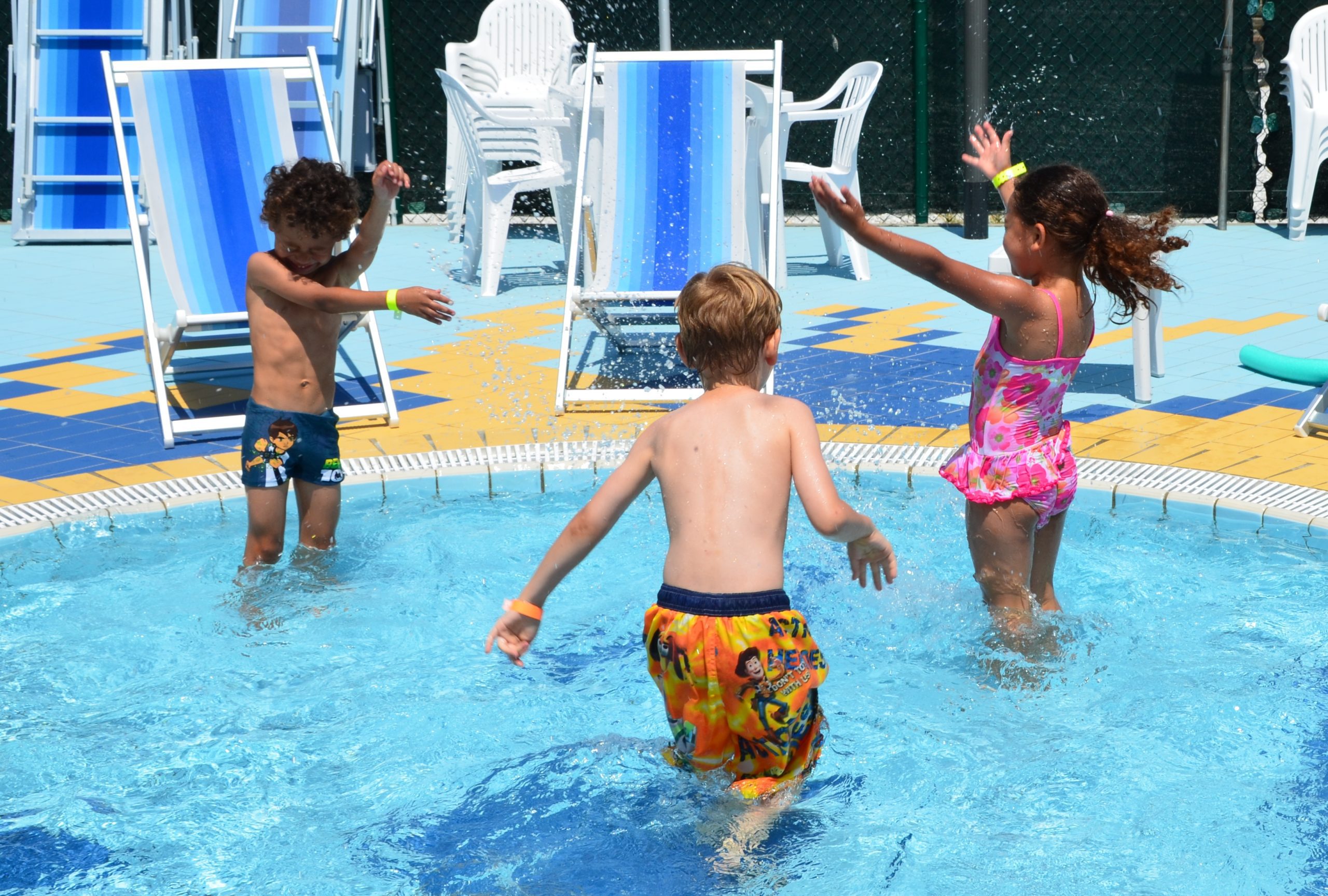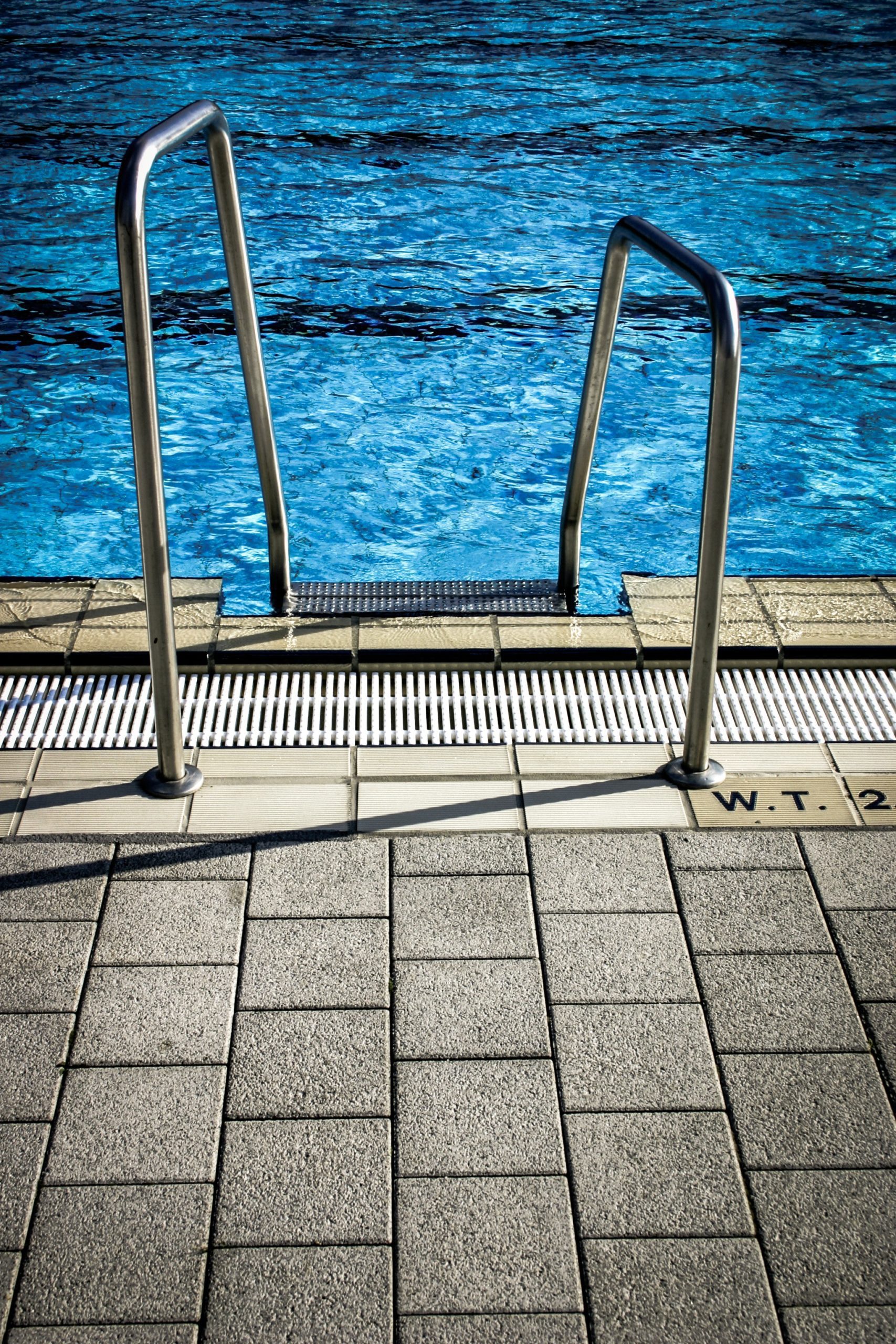Updated on March 15, 2023
With summer around the corner, many of us are looking forward to a day of sitting by the pool and splashing around to cool off. Lately though, public pools do not appear to be safe and clean. The Center for Disease Control and Prevention (CDC) found that two of the most common problems with public pools are inadequate disinfectant concentration and improper pH levels. What does this mean for swimmers? When the pH of a pool is too low, the germ-fighting abilities of pool chemicals (even chlorine) are diminished and germs, like cryptosporidium, giardia, E. Coli, and norovirus, can spread.
Swimmers should not be discouraged from visiting the pool this summer. While the CDC has recommended methods for checking and maintaining proper chemical levels, they have also recommended personal hygiene as a way to keep pools cleaner. Showering before going into the pool to wash away any dirt, sweat, and residual feces is recommended. Bringing less of these into the water helps the pool chemicals to work more effectively at killing germs. Swimmers should shower after a swim as well. Using a hair and body shampoo that is free of cocamide DEA/MEA and contains aloe ensures that they will be clean before and after a swim without the dry skin.


All of the bacteria mentioned above can be found in diarrhea, so anyone who is experiencing symptoms should stay out of the water. As 20% of pool closures during the CDC’s study were kiddie pools, parents should do the following:
- Take children on regular bathroom breaks every 30-60 minutes, as young children are more likely to have accidents in the pool.
- Babies’ diapers should be checked frequently and changed on a changing table in the restroom to keep germs away from the pool. Changing diapers in a restroom also allows for them to be disposed of properly in a disposal unit, which decreases the risk of cross-contamination and eliminates odors.
By taking these precautions, we can limit the amount of germs going into the pools and keep ourselves healthy for the summer.
Related posts:
- Supporting Life Safety in Schools
- Better Hand Hygiene Increases Patient Safety
- How to Properly Wash Hands – Hand Washing Poster Free
- Why Elevate Your Washroom Experience (work)
- Clean Camping
- ADA Compliance and Your Business
- Ensuring Workplace Safety: Key Strategies for Business Preparedness
- The Benefits of Citron Complete
